DiocesisdeCanarias.es/27 de junio de 2016
Albinos en África
En Tanzania los albinos son víctimas de la superstición y la brujería del pueblo. Se cree que poseer una parte del cuerpo de un albino, reporta dinero y riqueza. Los niños son el principal objetivo de los asesinos. Muchos se han refugiado en la escuela primaria de Mitindo para huir de sus perseguidores. Los asesinatos empezaron en 2007 y la mayoría de los hechiceros de los pueblos están instigándolos.
Víctimas de la superstición, a menudo son secuestrados porque se cree que sus huesos tienen propiedades mágicas
ROMA
Piden al Papa que intervenga para que se acabe la discriminación de los albinos en el Congo. La iniciativa es de la Asociación para el desarrollo de las personas albinas en África, que pretende sensibilizar a las autoridades de la República Democrática del Congo sobre la situación de los albinos que son víctimas de la superstición y, sobre todo, porque en la región de Kivu son secuestrados y asesinados porque se cree que sus huesos tienen propiedades mágicas y taumatúrgicas. Además, como afirma la Radio Vaticana al comentar la iniciativa, «también las condiciones sanitarias de los albinos son críticas», porque son más sensibles y pueden desarrollar melanomas malignos y necesitan cremas solares y vestidos específicos para sobrevivir.
Benedicto XVI había intervenido al respecto durante su viaje a Benín, en noviembre del año 2011, como recordó el misionero comboniano Giulio Albanese ante los micrófonos de la Radio Vaticana: «el Papa tocó el problema incluso porque lo indicó el episcopado africano. Desde este punto de vista, se trata verdaderamente de cambiar página, pero no hay duda de que el único modo, de una forma u otra, para poner en marcha el rescate es el de insistir en la educación. No hay que olvidar que fenómenos de este tipo, aunque con connotaciones diferentes, también se verifican en nuestra casa, en Europa, en el sentido de que la magia es considerada por muchos como una práctica aceptable».
Tomado de: http://www.diocesisdecanarias.es/solidaridad/albinos-en-africa-persecuciones-y-asesinatos.html
Imagen: https://www.google.com/search?q=situacion+de+los+albinos+en+africa&espv=2&biw=1366&bih=667&source=lnms&tbm=isch&sa=X&ved=0ahUKEwiD4MrKm8bNAhVMKh4KHXc4AKkQ_AUIBigB&dpr=1#imgrc=cv82QF83lSqPoM%3A
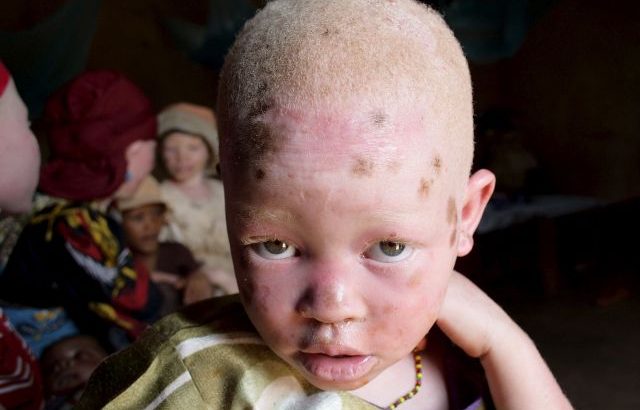
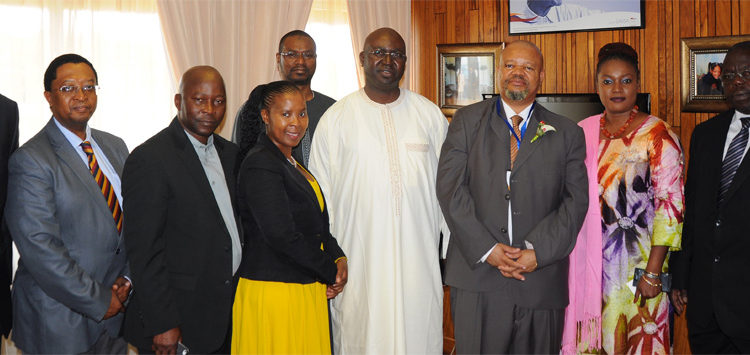
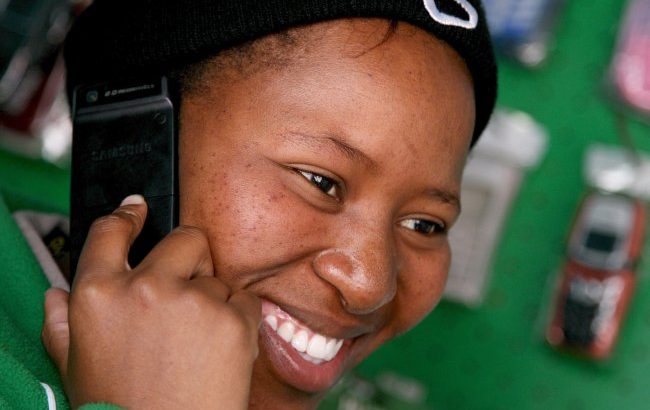

/A7DAFB269E5ADB36C1257FC000336303/$file/Colonial%20Legacies_IN%20TeXT.jpg) This paper identifies three types of welfare regimes in Africa, based on the insight that tax and expenditure regimes are closely associated. Using cluster analysis, the author highlights historical legacies in current welfare policies, demonstrating that welfare regimes in Africa have been strongly determined by the ways in which different countries were incorporated into the colonial economy. The author finds that many of the new social welfare reforms are taking place in what he refers to as labour reserve economies, and are generally internally rather than aid-driven. He stresses the importance of thinking of social expenditure in relationship to domestic resource mobilization, and finds that the focus on aid and social expenditure has tended to obscure this important aspect of welfare regimes in Africa.
This paper identifies three types of welfare regimes in Africa, based on the insight that tax and expenditure regimes are closely associated. Using cluster analysis, the author highlights historical legacies in current welfare policies, demonstrating that welfare regimes in Africa have been strongly determined by the ways in which different countries were incorporated into the colonial economy. The author finds that many of the new social welfare reforms are taking place in what he refers to as labour reserve economies, and are generally internally rather than aid-driven. He stresses the importance of thinking of social expenditure in relationship to domestic resource mobilization, and finds that the focus on aid and social expenditure has tended to obscure this important aspect of welfare regimes in Africa.
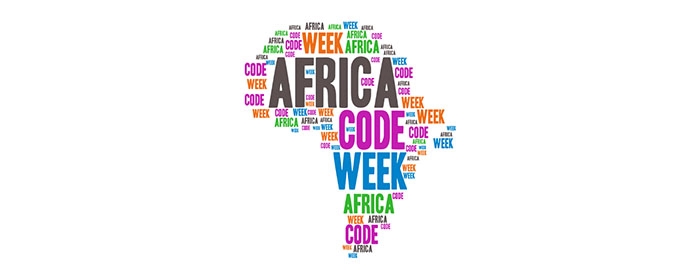
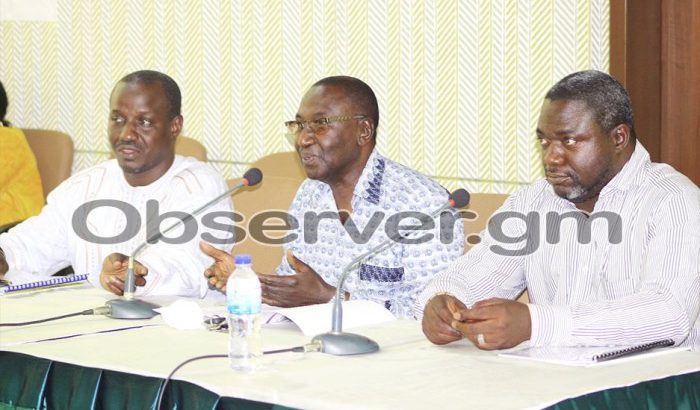
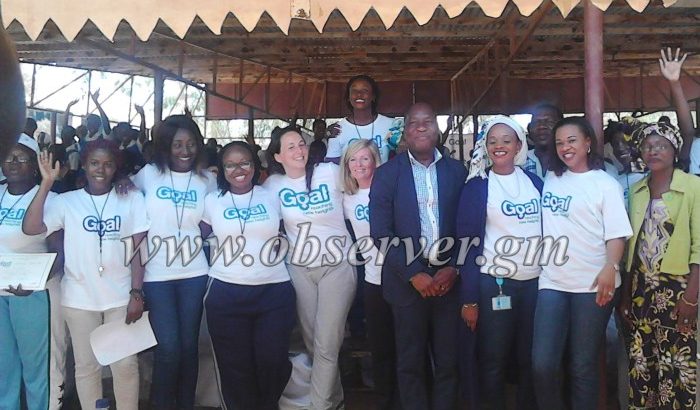






 Users Today : 73
Users Today : 73 Total Users : 35460204
Total Users : 35460204 Views Today : 104
Views Today : 104 Total views : 3418887
Total views : 3418887